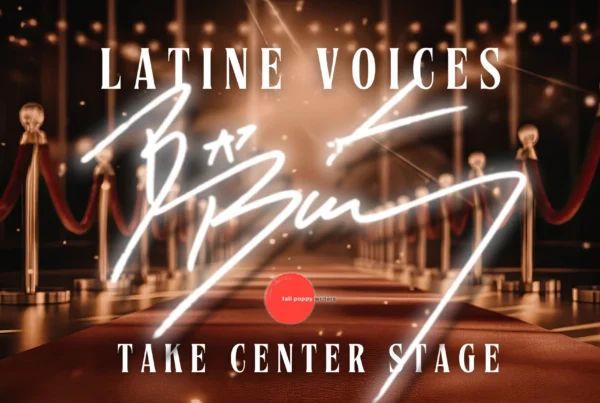A young friend of mine, an insurance agent who enjoys reading novels, lamented the fact that she had no time to be creative. “But reading fiction is extremely creative,” I said. She seemed puzzled. So I compared it to the old trope about Ginger Rogers dancing with Fred Astaire, following his every move “backwards and in heels.” My friend’s large brown eyes grew larger and brighter. After a beat, she said, “You’re right!”
Her reaction made me think of the many smart, energetic people I know who are always striving to master creative pursuits – cooking, woodworking or web design, for example. Yet many people don’t read fiction at all. Sometimes, if pressed, they’ll admit they haven’t read a novel since high school. Having been right once, let me say: Try one!
Because the act of reading fiction is uniquely creative. You, the reader, interpret every word the author wrote. The result belongs to you alone, however much the writer may have toiled on the other side of the process. Without the reader’s imagination, the story cannot live. Granted, your “creation” is intangible. But getting absorbed in a novel can heighten your awareness and enrich your life.
If this sounds fanciful, consider how often two people read the same novel and come away with vastly different impressions. Their view of the plot, characters, and style can diverge so much, they may wonder if they read the same book. This happens because readers can’t help but bring their own experiences and feelings to the story.
Likewise, think about the experience of re-reading a novel you read many years ago. New emotions and insights that escaped you before inevitably arise. Obviously, the book hasn’t changed – you have. The new you, with your expanded repertoire, engages in a new dance, creating a new world, although the words on the page are the same. Perhaps the novel that bored you in high school simply didn’t suit you then. Whereas now, it lures you into a world you create, guided by the writer.
With this in mind, the next time a novel fails to absorb you, put it down. If you’re like me, and return to it a year or more later, chances are what didn’t inspire you then will fire your imagination now.
Is fiction any different than other fine arts? I think so. Consider the time required, the solitude, and deep concentration. Certainly, listening to music or podcasts; studying paintings, drawings, sculptures, etc.; watching plays, movies or Netflix can stimulate your mind and heart. But most of us can only appreciate those arts from the audience.
Fiction, however, requires your active participation. And, anyone who knows how to read can experience the thrill of toggling back and forth between the conscious and subconscious mind. Given the right novel and – if you haven’t read one in a while, some patience – you may feel an exhilaration parallel to that of the writer. Who knows?
Genre or non-genre, fiction only comes alive when you approach it with creative intention. How much you read is beside the point – how well you read is what matters. How intimately you invest yourself in the work, how vividly you imagine it. The more dedicated a reader you are, the more creative your life will become.





Reading a novel is like dancing….. forward or backwards.it is a creative endeavor uniquely satisfying to the reader
Excellent and thought provoking piece.
Thank you, Charles!
Thanks, Suzanne!
Such an interesting point! I agree completely. By the way, I read your book, The Best of Crimes, and enjoyed it tremendously. Looking forward to the next one!